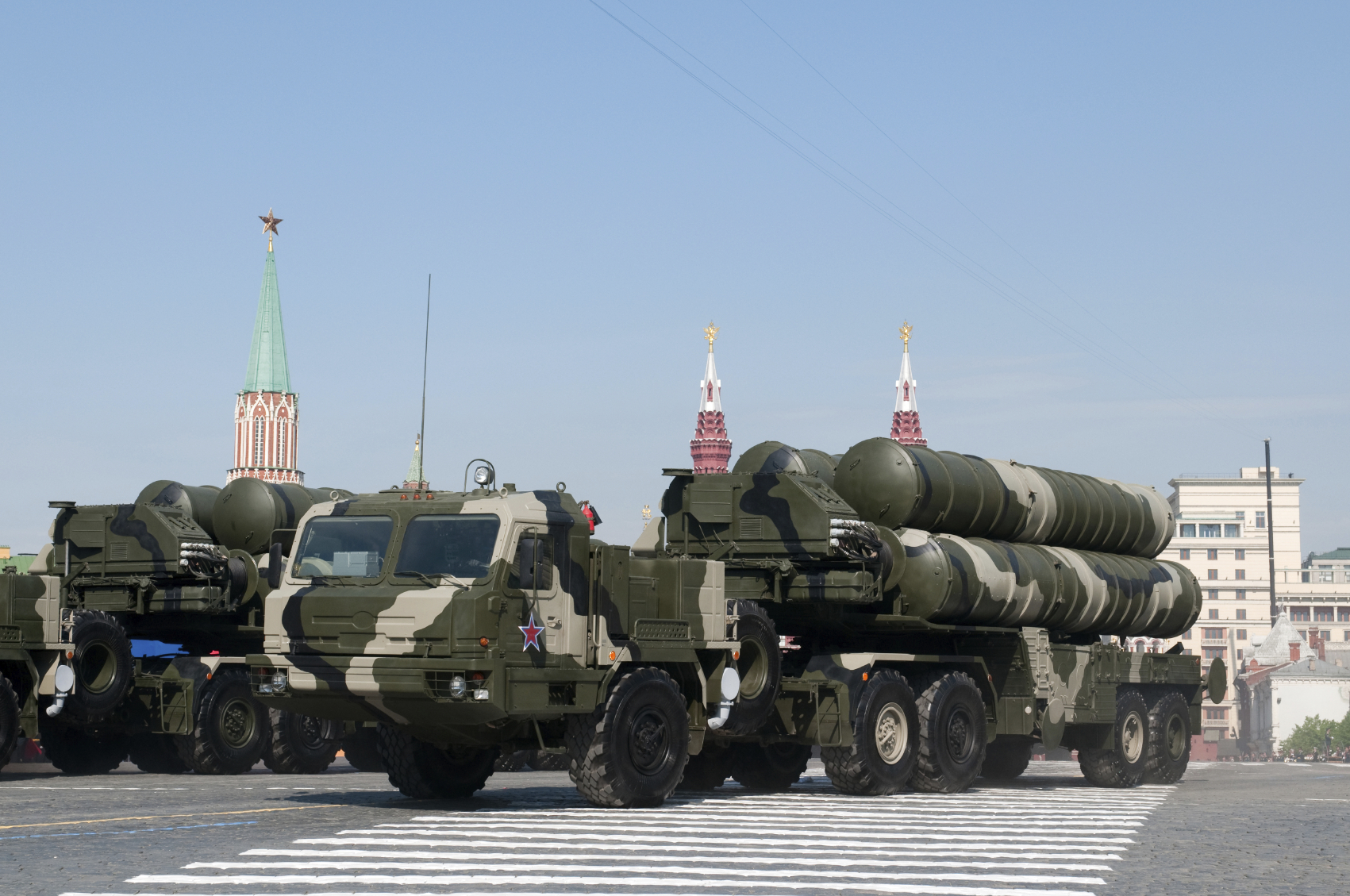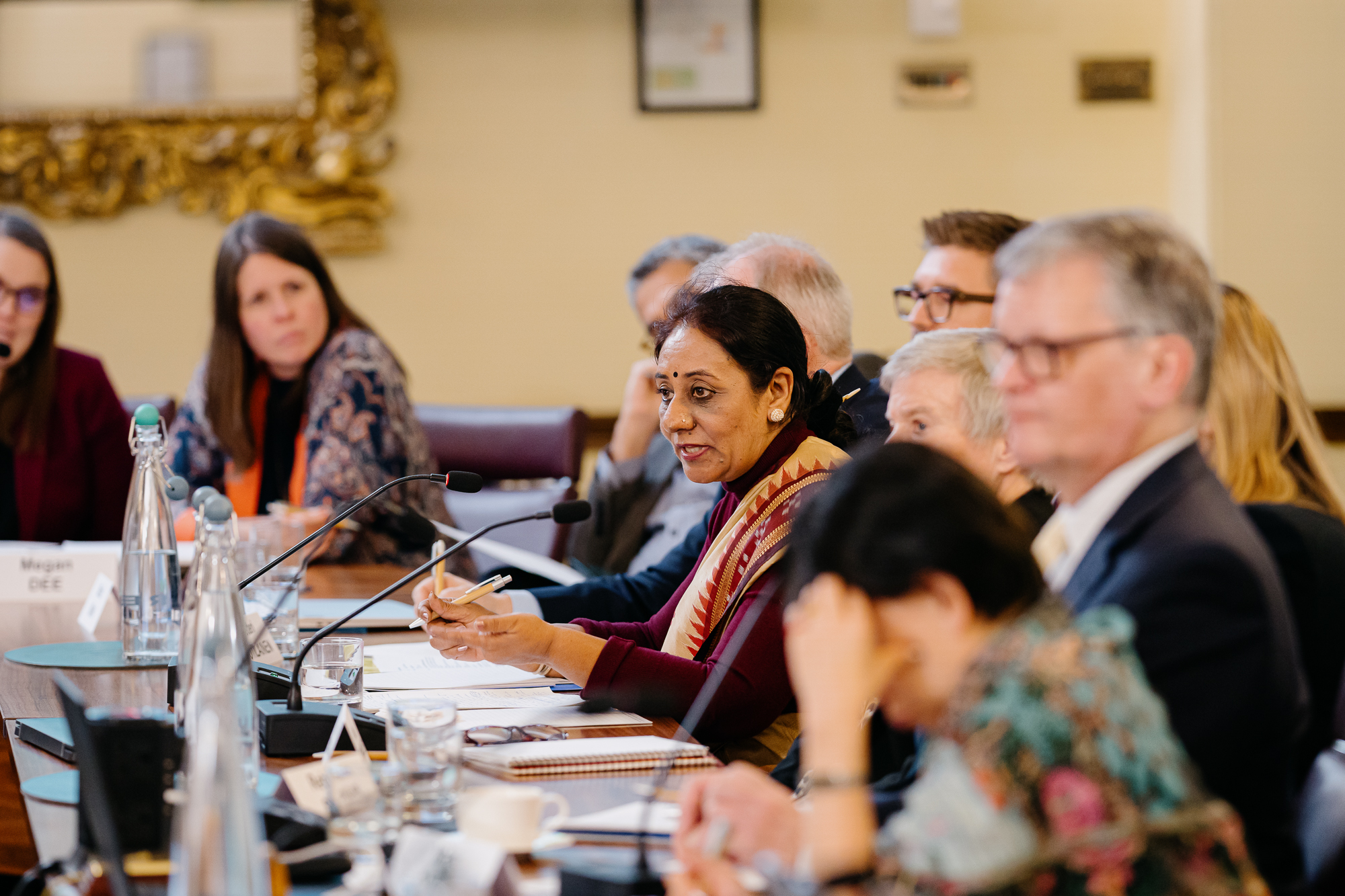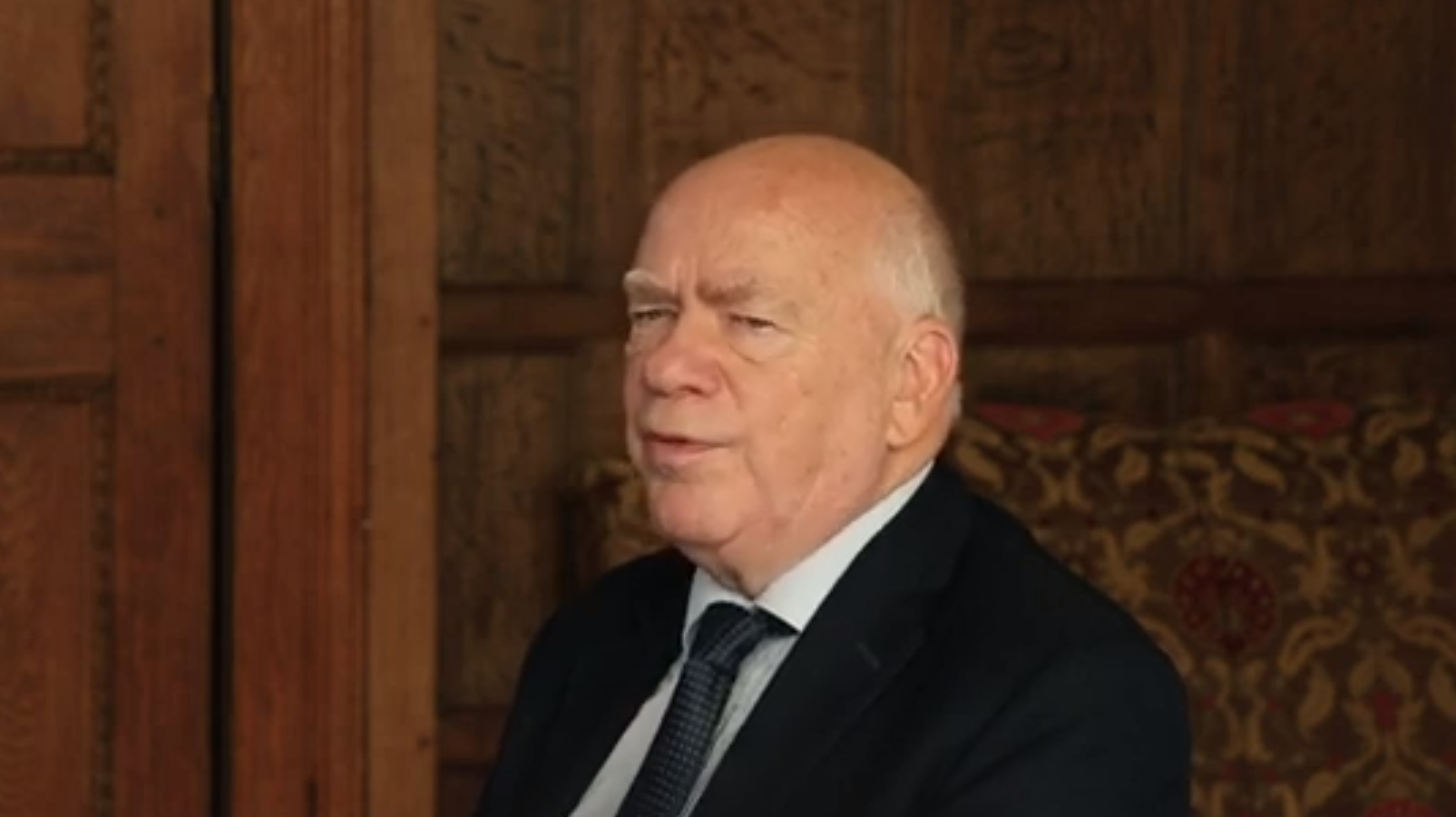The meeting assessed:
- How NATO partners view the new threats after Ukraine and is the Alliance suited to meet them?
- The likely trajectory of Russian force posture and conventional/nuclear strategy, and the balance between long-running trends and post-Ukraine ones;
- The implications of hybrid and ambiguous warfare for how deterrence is practised, and how cyber, space and other forms of deterrence can be included in the concept of strategic deterrence;
- How a strategy of deterrence can work alongside economic (including sanctions and financial tools), diplomatic and other approaches to influencing the behaviours of other actors;
- What the new norm is that would be acceptable to NATO and Russia, presuming that things won’t go back to the way they were before Ukraine?
Key points to come out of the meeting:
- NATO’s vision of partnership with Russia is beyond reach for the foreseeable future and cannot drive security policy at this time. Russia’s actions in Ukraine overturned basic principles of European security long believed to be firmly settled. Russia apparently seeks to secure a sphere of influence in which its geopolitical, security and economic interests enjoy primacy. Its actions in Georgia, Ukraine and other former Soviet lands reflect this core strategic imperative.
- Russia’s nuclear doctrine and its persistent nuclear sabre-rattling are an important element of its coercive strategy. Russia has also developed and refined a concept of “hybrid warfare” to advance its broad strategic goals. This concept relies on a dynamic mix of political, military and information operations to exploit the vulnerabilities of weaker neighbouring states. Moscow may or may not see “hybrid warfare” as a viable means to invade or threaten the sovereignty of one or more NATO member states, but the possibility cannot be dismissed.
- The Alliance requires a near-term strategy to bolster deterrence and collective defence, especially in its eastern region where Russian power is most salient and NATO governments most anxious. NATO’s Wales Summit Declaration of 2014 outlines steps to put this strategy in place.
- NATO must develop an integrated strategy to counter Russia’s concept of hybrid warfare. This integrated strategy must close existing capability gaps while offering the means to exploit Russian vulnerabilities. To develop this strategy, NATO will need to take a fresh look at some of its longstanding principles and practices, such as the distinction between crisis management and collective defence, limited institutional attention to information and cyber operations, and the role of nuclear deterrence.
- There is a lack of consensus amongst NATO members and partners about the role of nuclear weapons, including for deterring non-nuclear threats at lower rungs of the escalation ladder. Views on whether and how to adapt NATO’s nuclear posture vary widely, ranging from arguments for early withdrawal of land-based weapons in Europe, to maintaining the status quo, to taking significant steps to enhance these weapons’ political salience and operational utility.
- Cyber and space assets may present attractive targets for Russia due to NATO’s broad reliance on these systems. NATO must adapt its deterrence and defence frameworks to address such threats, and its efforts to do so are at an early stage of development.
- Economic and financial sanctions may have played a role in restraining Russia from taking more overt military action in Ukraine, but seem unlikely to compel Moscow to alter its basic objectives. If so, NATO will have to consider other strategies to force a change in Russian behaviour. In crises or conflicts where Russia’s stake is very high, economic pressure is unlikely to sway the Putin regime. However, the specific threat to impose crippling sanctions conceivably could deter Moscow from threatening or attacking a NATO member.
Social media
Social media engagement is encouraged for this event. Comments might include a summary of what is being said (non-attributable), the direction of the discussion or general impressions of the conference.
For Twitter users, please include @WiltonPark when tweeting and we will retweet your message.
Partners on Twitter: @Livermore_Lab @NATO_DefCollege @SandiaLabs
Suggested hashtags: #deterrence
Podcasts
Nuclear deterrence – the decision making process – with Heather Williams, Desmond Bowen & Camille Grand
Russia – their changing relationship with the world – with Celeste Wallander












